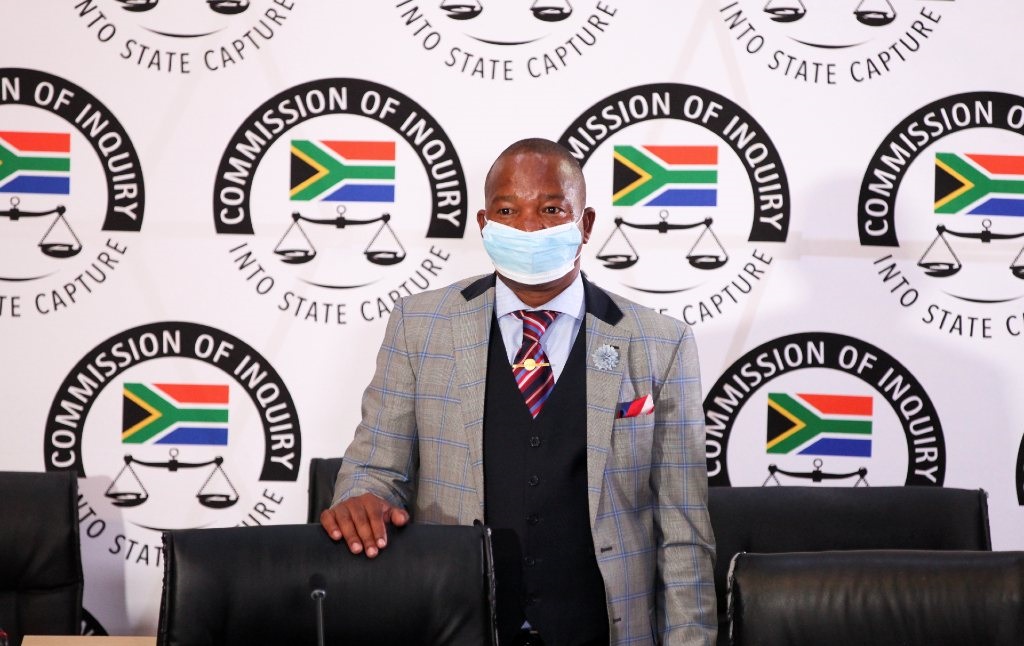
- A regulation that deals with the unlawful classification of documents is secret, Zondo Commission hears.
- SSA Inspector-General tells the commission that it is widely known that classification cannot be used to hide malfeasance.
- Investigations have been hampered by the refusal to de-classify documents.
The State Capture Inquiry has heard how a regulation that would deal with the unlawful classification of documents was classified.
This - according to Inspector-General of Intelligence (IGI) of the State Security Agency (SSA) Setlhomamaru Dintwe - occurred under the widely known principle that one cannot use classification to hide malfeasance.
"It is widely known, and I think it is laughable, now the SSA wanted to develop a regulation which will sort of put into effect the provision... they decided we should have our own document in the regulations which takes that position which says you cannot classify documents to hide malfeasance.
"The very same regulation - they classified it as secret," the intelligence watchdog told the Zondo Commission on Wednesday.
The commission was hearing SSA-related evidence where Dintwe was dealing with the principle that classification cannot be used to hide criminality.
The IGI spoke on the abuse of SSA funds and said that investigations in these cases could not be concluded as there was a refusal to de-classify documents.
READ | SA spy agency 'mismanaged' R1.5 bn
Evidence leader, advocate Paul Pretorius SC put the following question to Dintwe: "It is clear to all concerned that classification cannot be used to conceal criminality?"
To which Dintwe responded: "That is the general principle, the general rule."
Pretorius further asked whether it was also clear to all concerned that, in terms of the legislation, that classification could not be used as a reason for not providing documentation.
Dintwe responded that what Pretorius alluded to, did not refer to the investigations conducted by the office of the IGI.
He explained:
The commission chair, Deputy Chief Justice Raymond Zondo, was puzzled and raised that the classification of the law could not be legitimate.
"If you do that, how do you expect that people will benefit from the principle that you can't use classification to hide criminality," he asked.
The inquiry continues.
Did you know you can comment on this article? Subscribe to News24 and add your voice to the conversation.
